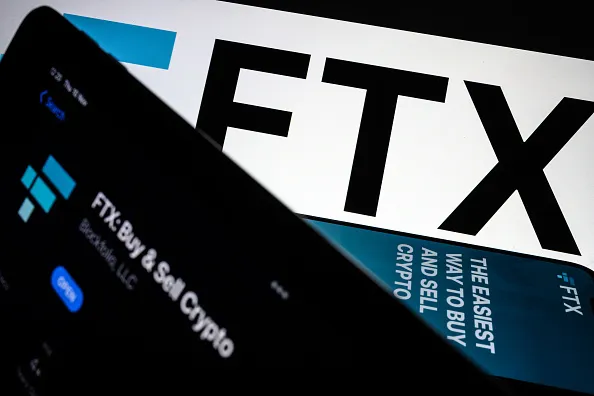Global crypto exchange OKX is shelling out a hefty $505 million to settle a legal mess after pleading guilty to running an unlicensed money-transmitting business, a violation of U.S. Anti-Money Laundering (AML) laws.
The deal comes after a U.S. Department of Justice probe revealed that some American customers were trading on OKX’s global platform—despite the company’s own 2017 policy banning U.S. users. These slip-ups stretched from 2018 all the way into early 2024.
Breaking it down, OKX’s penalty includes an $84 million fine and a forfeiture of $421 million in fees it pocketed from U.S. customers, mostly big institutional players. The company’s parent, Aux Cayes FinTech Co. Ltd., owned up to the compliance blunders in its official statement but was quick to point out that no customers were harmed, and none of its employees are facing charges
According to OKX, they didn’t wait for the feds to come knocking—they’d already brought in a compliance consultant on their own to tighten things up before the settlement was even finalized.
We cooperated with the US Dept of Justice in their thorough investigation of our business. We had a small percentage of customers who were able to use our international services due to historical compliance gaps. Today our compliance controls are among the leading in the… pic.twitter.com/sg1b2GC4wE
— OKX (@okx) February 24, 2025
They’re sticking with that consultant now, aiming to build a rock-solid global compliance system. The company touted its efforts, highlighting investments in beefed-up Know Your Customer (KYC) checks, AML tools, transaction monitoring, and financial crime investigations as proof they’re serious about playing by the rules.
OKX CEO Star Xi doubled down on that commitment in a February 24 post on X, saying the goal is to make OKX the poster child for regulatory transparency. “We will continue to mature our compliance operations and work closely with global regulators,” Xi wrote. “Our vision is to make OKX the gold standard of global compliance at scale across different markets and their respective regulatory bodies. I am proud of our company.”
The settlement closes a chapter on OKX’s run-in with U.S. law, but it’s clear they’re banking on a future where they’re seen as the ones setting the bar for the crypto industry—not tripping over it.




